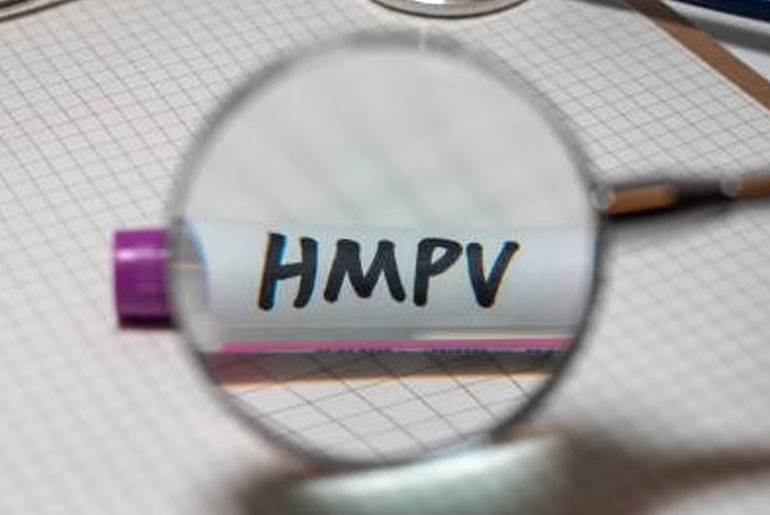Human Metapneumovirus (HMPV) is a common respiratory virus that primarily causes mild cold-like symptoms. While it was first identified by scientists in 2001, studies reveal that HMPV has been circulating in human populations since the 1970s. It is unlike the novel COVID-19 virus, as it has been recognized for decades. Globally, HMPV accounts for 4-16% of acute respiratory infections, with seasonal peaks typically occurring between November and May. Most adults develop immunity to the virus through previous exposure, but it can cause severe illness in vulnerable groups such as infants and people with weakened immune systems.
Symptoms of HMPV
HMPV symptoms are similar to other flu-like illnesses:
Common symptoms:
- Body aches
- Fever
- Headache
- Stuffy or blocked nose
- Nasal discharge
- Throat pain and congestion
Severe symptoms (in some cases):
- Wheezing
- Bronchitis
- Pneumonia (lung involvement)
While most cases remain mild and localized to the upper respiratory tract, more severe complications can occur in high-risk individuals.
At-Risk Groups
HMPV generally causes mild symptoms in healthy adults. However, certain groups are at a higher risk of severe illness:
- Children under 5 years old
- Elderly individuals
- People with existing medical conditions, such as:
- Diabetes
- Heart disease
- Liver disease
- Kidney disease or failure (including dialysis patients)
- Cancer patients
- Individuals with weakened immune systems
How Does HMPV Spread?
HMPV spreads similarly to other respiratory viruses:
- Respiratory droplets from coughing or sneezing.
- Close contact with infected individuals.
There is no specific treatment or preventive vaccination for HMPV. Management primarily involves symptomatic treatment to relieve discomfort.
Challenges in Managing HMPV
- No Vaccination or Specific Therapy: Unlike COVID-19 or influenza, there is no preventive vaccine or antiviral therapy for HMPV.
- Treatment Approach: Management is symptom-based, focusing on fever reduction, hydration, and supportive care for severe cases.
Precautionary Measures
To minimize the risk of Human Metapneumovirus infection, individuals should:
- Maintain proper hygiene: Regular handwashing with soap and water.
- Practice respiratory etiquette: Cover the mouth and nose while sneezing or coughing.
- Avoid close contact: Stay away from infected individuals, especially for high-risk groups.
- Disinfect surfaces: Clean commonly touched surfaces like doorknobs and electronic devices.
- Monitor symptoms: Seek medical attention if symptoms worsen, particularly in children, elderly individuals, or those with pre-existing conditions.
The Indian Health Ministry has confirmed three cases of Human Metapneumovirus . Although not a new virus, its recognition highlights the importance of awareness and precautions to limit its spread.
Disclaimer:
The information contained in this article is for educational and informational purposes only and is not intended as a health advice. We would ask you to consult a qualified professional or medical expert to gain additional knowledge before you choose to consume any product or perform any exercise.







